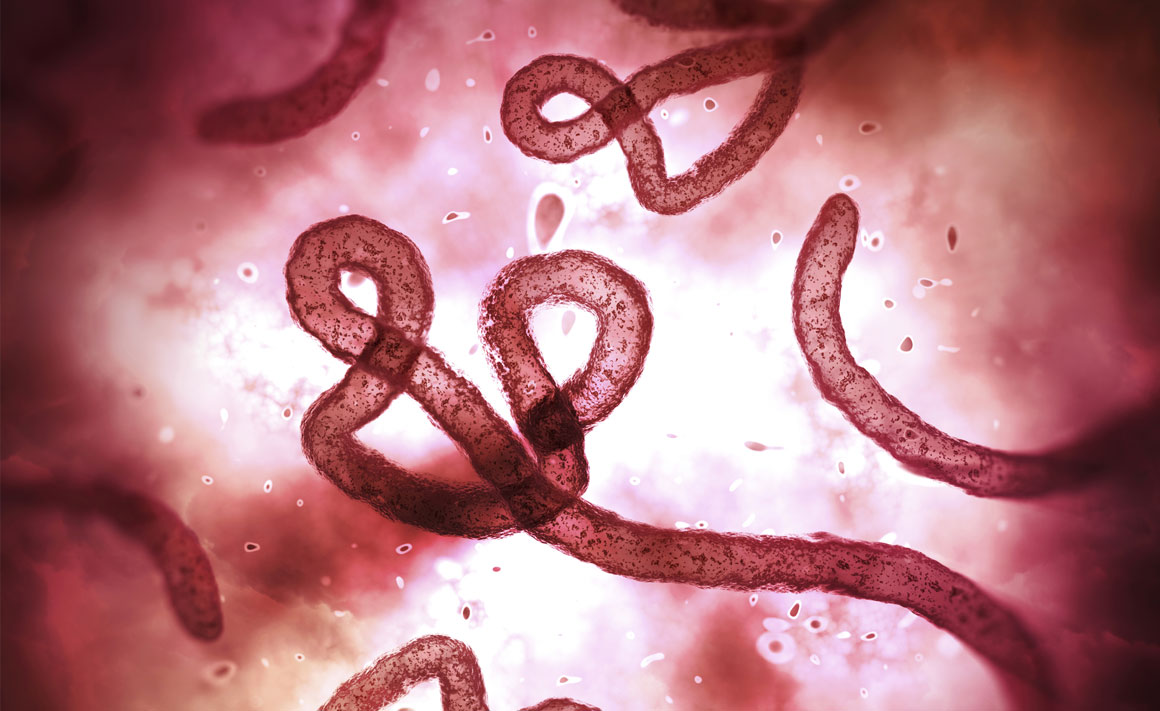 Monday 3 February 2014 1:14pm
Monday 3 February 2014 1:14pmProfessor Michael Baker believes we need to learn from the past to help meet the challenges presented by new pandemic diseases.
New Zealand and Otago punch well above their weight when it comes to fighting disease on a global scale.

Professor Michael Baker
Professor Michael Baker (Public Health, University of Otago, Wellington) has just completed a New Zealand-UK Link Foundation visiting professorship at the University of London's School of Advanced Study.
Baker, a highly-respected international authority on infectious diseases, epidemiology and environmental health, says that in some areas New Zealand is leading the world.
His lecture series in the UK analysed the impact of infectious disease epidemics and pandemics, how they have shaped the modern world, and what health authorities, governments and international agencies should do about them.
“My aim was to move beyond the epidemiology of pandemic diseases to consider what we can learn from these phenomena,” he says. “I wanted to illustrate the importance of scientific knowledge, enhanced visibility, social justice and global governance in helping us respond effectively to these major health challenges.”
Baker, who has worked with the World Health Organization and who co-founded an Otago team awarded the Prime Minister's Science Prize in 2014, relished the international exchange of ideas.
“I spent a month talking to people in the UK and refining my ideas before starting my own presentations. My thinking moved on hugely and I realised early on that, while we in New Zealand are not in the right place to study many emerging diseases such as Ebola, our expertise in some areas is world-leading.”
It's important to learn from history, says Baker, and Kiwis learned much from their own influenza mortality at the end of World War One.
“By looking at military and other records we have identified factors that influenced the influenza pandemic in the armed forces and on Pacific islands. We can learn from the past.”
Modern epidemics such as polio, HIV/AIDS, SARS, influenza and Ebola provide new lessons to be learned – all aimed at helping prepare for the inevitable epidemics and pandemics of the future.
Baker won the New Zealand Health Research Council's Liley Medal in 2013 for his globally-relevant work relating to disease and poverty in New Zealand.
“Improvements in sanitation and other reforms have greatly reduced the spread of serious infections in industrialised countries, but even in high-income countries like New Zealand, infectious diseases continue to cause a markedly higher burden for socio-economically deprived populations and indigenous peoples.
“Initially we were surprised to see serious infectious diseases increasing in this country, but it began to make sense when we were able to link that with a rise in inequalities over the same time period.
“It's no coincidence that diseases like Ebola emerge and spread in the poorest countries on earth.”
While in Europe, Baker spent a month at the Karolinska Institute and the European Centre for Disease Control (ECDC) in Stockholm, looking at how they respond to emerging infectious diseases.
“Combine the 28 countries in the European Union with potential future members and you have some 500 million people in the ECDC's jurisdiction. They have European legislation behind them and are working hard on governance of risks that cross borders.
“The speed and volume of modern air travel greatly increases the potential for emerging infectious diseases such as influenza and SARS-like viruses to spread globally. Similarly, migration means that diseases such as HIV and drug-resistant tuberculosis that are endemic in some populations can also spread globally.”
Historically, people moving between regions have spread infections, so it is important to find better ways of managing this risk – a process New Zealand is continuing to research.
“New Zealand is one of the only countries to have done large-scale trials of border screening of arriving passengers for acute respiratory infections. We are also investigating the economics of border closure, which may need to be considered in extreme pandemic situations.”
In 2005, the International Health Regulations signed by all 193 members of the World Health Organization promoted international co-operation to manage threats of pandemic diseases.
Ten years on, that international agreement may not have made life safer for people in low-income countries such as those in West Africa, says Baker.
“The regulations are a vast improvement, but there are a couple of major weaknesses. Firstly, they are reactive rather than proactive and, secondly, what works for health systems in high-income countries doesn't necessarily work in poor countries.
“The Ebola pandemic was a terrible shock, but disasters are often the drivers for change. The poor initial response to this pandemic illustrated the need for a new approach.
“This new approach recognises that we need individual health security as well as collective health security. It's not enough just to have high-level agreements to report emerging diseases. We also need to ensure that everyone has access to safe health services, including basic primary health care, which is not the case for more than a billion people on the planet.
“Global health security will only be achieved when we can ensure that all people have at least a minimum level of health care and essential services.”
SHIVERS surveillance
Professor Michael Baker is also co-principal investigator in a New Zealand project that could help provide better early warning of influenza pandemics that start in the Southern Hemisphere.
The Southern Hemisphere Influenza Vaccine Effectiveness Research and Surveillance (SHIVERS) project aims to provide information on emergent respiratory pathogens, particularly those that appear during the winter flu season.
By interviewing and testing Aucklanders who are sufficiently ill to visit hospitals and GPs, researchers can gather data that can be extrapolated to model disease behaviour for use around the world.
With a catchment of almost a million people, it is the largest surveillance system of its type in the Southern Hemisphere. Led by ESR, its New Zealand participants also include the University of Auckland, and the Auckland and Counties Manukau District Health Boards.
A catalyst for this project was New Zealand's experience during the 2009 influenza pandemic.
“Because of an accident of geography and timing, and a lot of quick work, New Zealand was the first country in the world to report a complete pandemic wave.
“There was huge interest from the Northern Hemisphere and, because our results showed the fatality risk was relatively low, they were able to tone down their response to the pandemic.
“The US CDC subsequently commissioned us to establish this surveillance project to answer a number of questions about influenza and also to provide a site for tracking influenza in the Southern Hemisphere.”
FUNDING
- New Zealand-UK Link Foundation
- University of Otago
- US Centers for Disease Control and Prevention
- Health Research Council
- Ministry of Health
